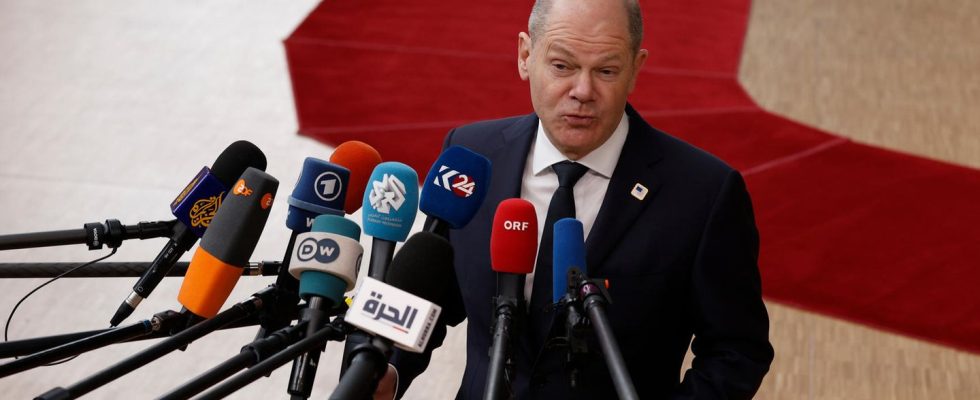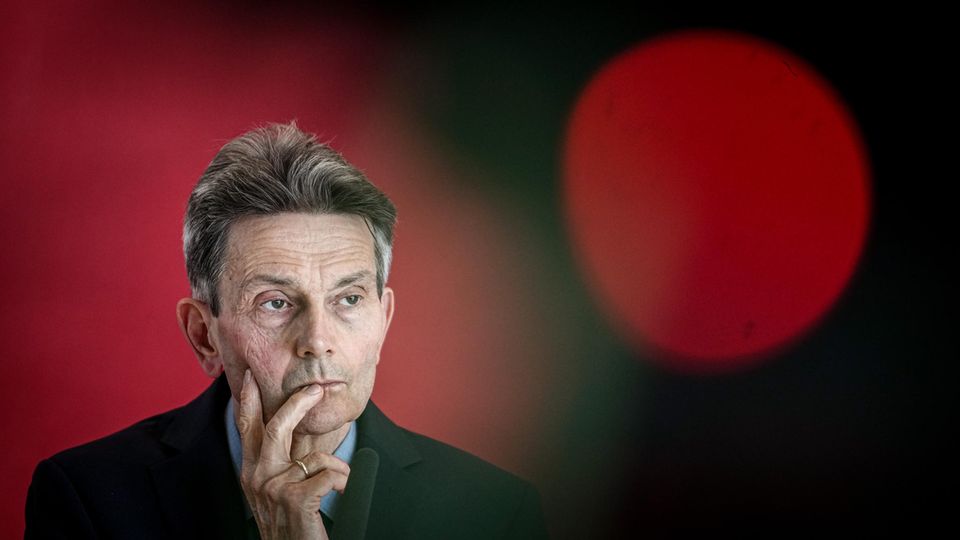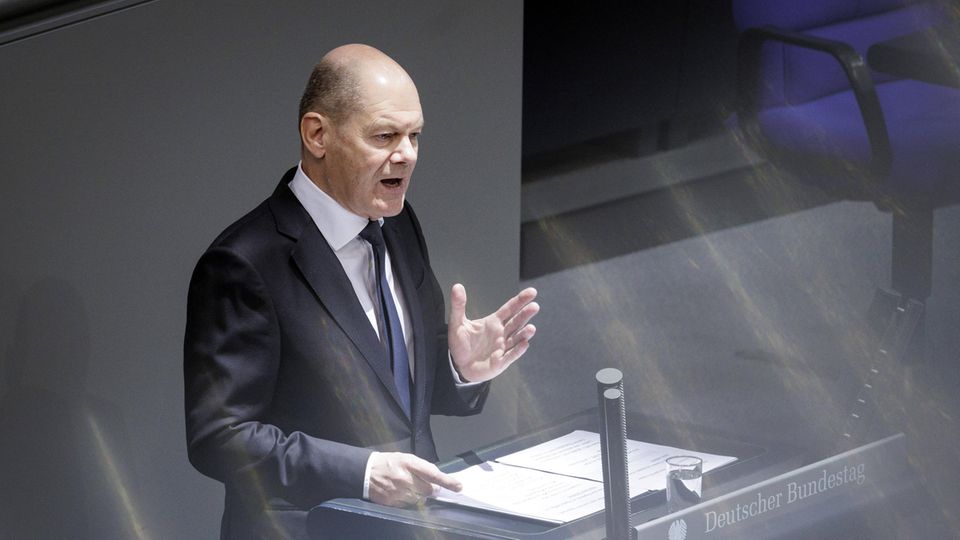column
Fried – view from Berlin
Our author was amazed to read a lot of nonsense from Olaf Scholz in just a few lines
Since when has the Chancellor decided on permissible and impermissible sensitivities? asks stern columnist Nico Fried
© Omar Havana / Picture Alliance / AP
Olaf Scholz finds the Ukraine debates embarrassing. Is it up to the Chancellor to assess this? Our columnist thinks: Scholz is making a fool of himself.
Last week, the Chancellor mocked foreign policy debates in Germany. Now you may be asking yourself: Why is Peace bringing this up again now? That’s what I want to tell you: because I think that Olaf Scholz hasn’t yet gotten enough of his statements.
The Chancellor is a clever man, knowledgeable on many topics and comprehensively educated. I honestly have respect for Olaf Scholz, including his Ukraine policy. That’s why I was surprised to suddenly read a lot of nonsense from him in just a few lines.
Scholz was a guest at the “Europe 2024” conference, which was organized by the Berlin “Tagesspiegel,” among others printed the conversation with the Chancellor. First, Scholz was asked about his faction leader Rolf Mützenich’s consideration of freezing the war in Ukraine. In response, he complained that this debate “cannot be surpassed in terms of ridiculousness.”
Scholz’s attitude raises some questions
Unfortunately, we don’t know whether he meant the statement itself or the debate about how Mützenich would have been better off not saying that. The fact that Scholz raises two new questions with one answer is not new. This was also the case with its position on the delivery of the Taurus cruise missile.
Scholz was also asked about this in the interview. That was the next debate, which he found “unadulterated and embarrassing.” Elsewhere he had already said that in Germany foreign policy is not debated on the merits, but rather on the basis of “weird flags that someone pulls up or down.” And guess what? I started to ask myself whether it is up to the head of government to classify debates as right or wrong just because he doesn’t feel like taking part in them. And whether it is appropriate for a chancellor to declare debates stupid just because they raise unpleasant questions.
On top of that. Scholz reported that even after he entered the Bundestag in 1998, he was bothered by the discussion about the NATO mission in Kosovo. There were “many abstract debates about what this has to do with Germany’s past, and few about what the concrete situation is in Kosovo.” Those were discussions about feelings. I asked myself how Scholz could so dismiss a debate that took place just eight years after reunification, which had to overcome major concerns in Europe about Germany’s remilitarization. And how a historically well-read chancellor can babble on so ahistorically. Incidentally, contemporary witnesses remember that Scholz warned SPD dissidents before the Kosovo vote not to endanger the young red-green coalition. This was of course a very mature foreign policy argument.
Sounds a bit like North Korea
The word sensitivities also annoys me. The Chancellor claims to take many Germans’ fears of nuclear war seriously. Are fear and worry not sensitivities? And why is the concern that Germany can do too little for Ukraine a false perception? And since when does the Chancellor decide on permissible and inadmissible sensitivities?
Scholz wants debates in which it is highlighted how much his government is helping Ukraine and in which his attitude is recognized not as hesitation but as prudence. Did he really say that? Sounds a bit like North Korea.
Praise be to you, great Chancellor, and praise be your great achievements – but not with me.




